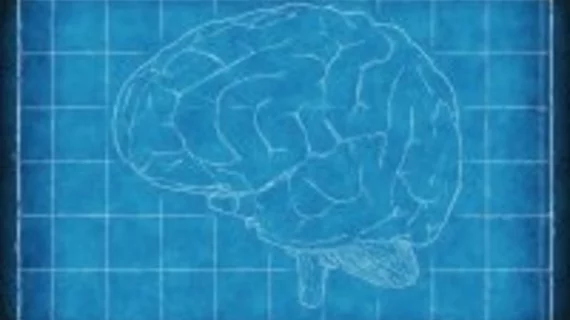Yale researchers link genetics, imaging to improve analysis of brain’s molecular activity
Yale University researchers have developed a new approach that can provide more information about molecular function inside the brain through linking gene expression patterns to brain signals captured by MRI-derived T1-weighted/T2-weighted mapping.
The study, published online Aug. 6 in Nature Neuroscience, details how the pattern of gene expression across the cerebral cortex flows from sensory areas to high-order cognitive areas of the brain.
“Specialization of a brain area’s function, for sensory or cognitive processing, appears to involve tuning how different genes are expressed within that area,” said senior author John Murray, PhD, assistant professor of psychiatry, neuroscience and physics at Yale, in a prepared statement.
Murray and his colleague Alan Anticevic, PhD, assistant professor of psychiatry and psychology at Yale, have also used their research to develop GEMINI-DOT (Gene Expression Mapping Integrated with Neuro-Imaging for Discover Of Therapeutics), which allows researchers to link neuroimaging biomarkers to genes and targets for pharmaceuticals, according to a Yale news release.
“Mapping the whole-brain gene expression pattern of a given molecular target provides vital leverage to optimize our neuroimaging tools to align with such targets,” Anticevic said in a prepared statement. “This puts us on the path towards rational development for precise treatment-relevant neuroimaging markers.”

